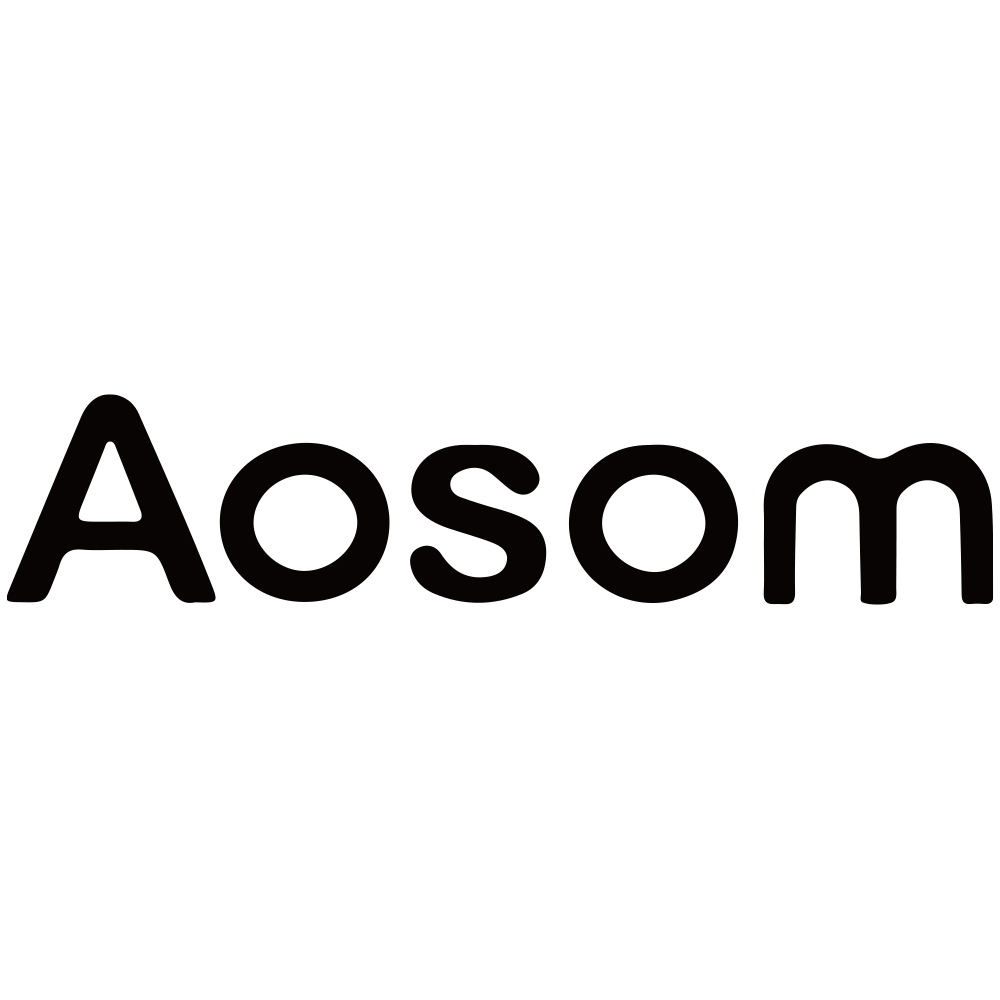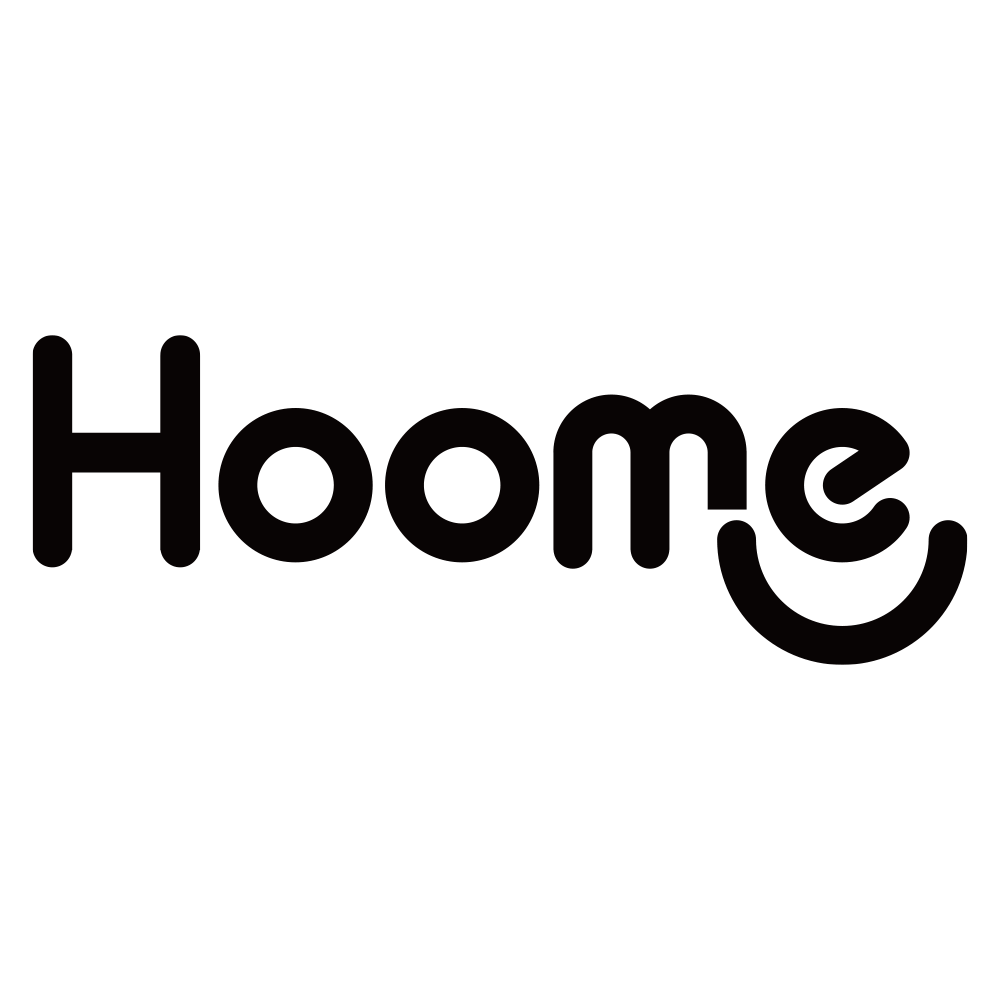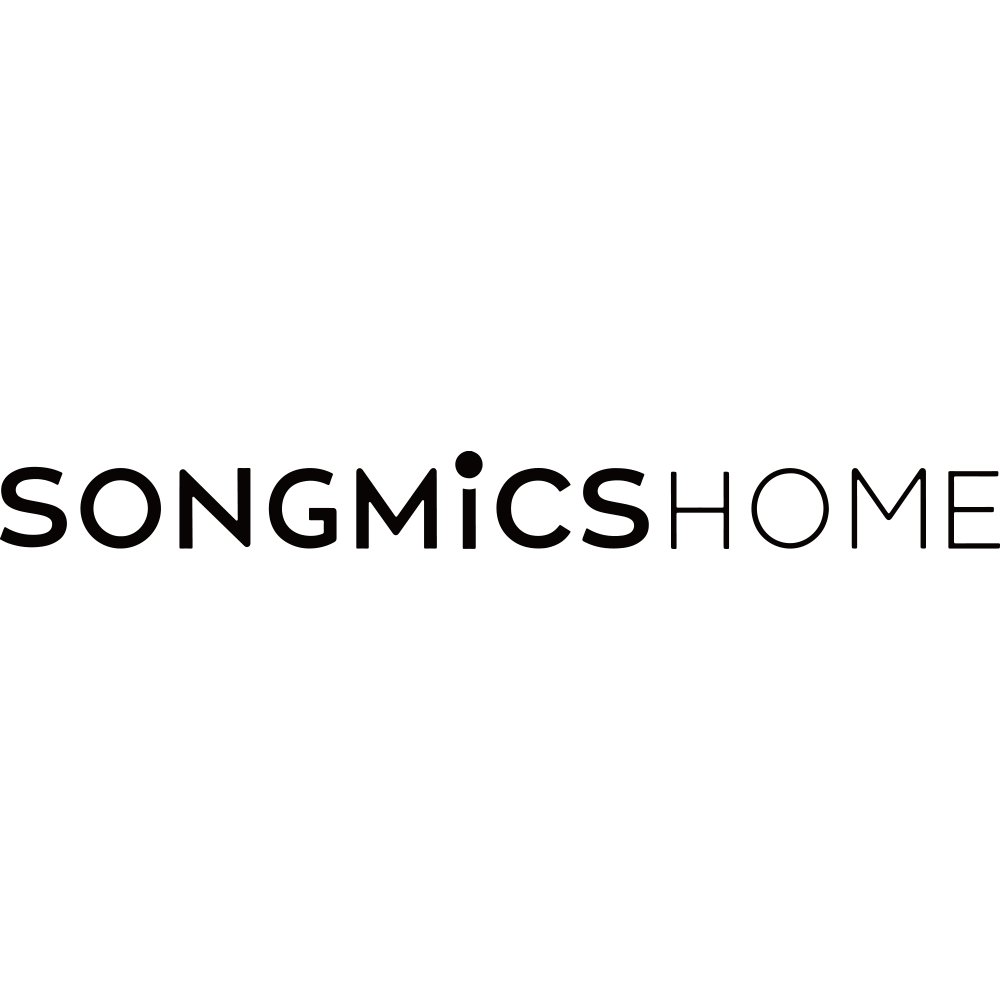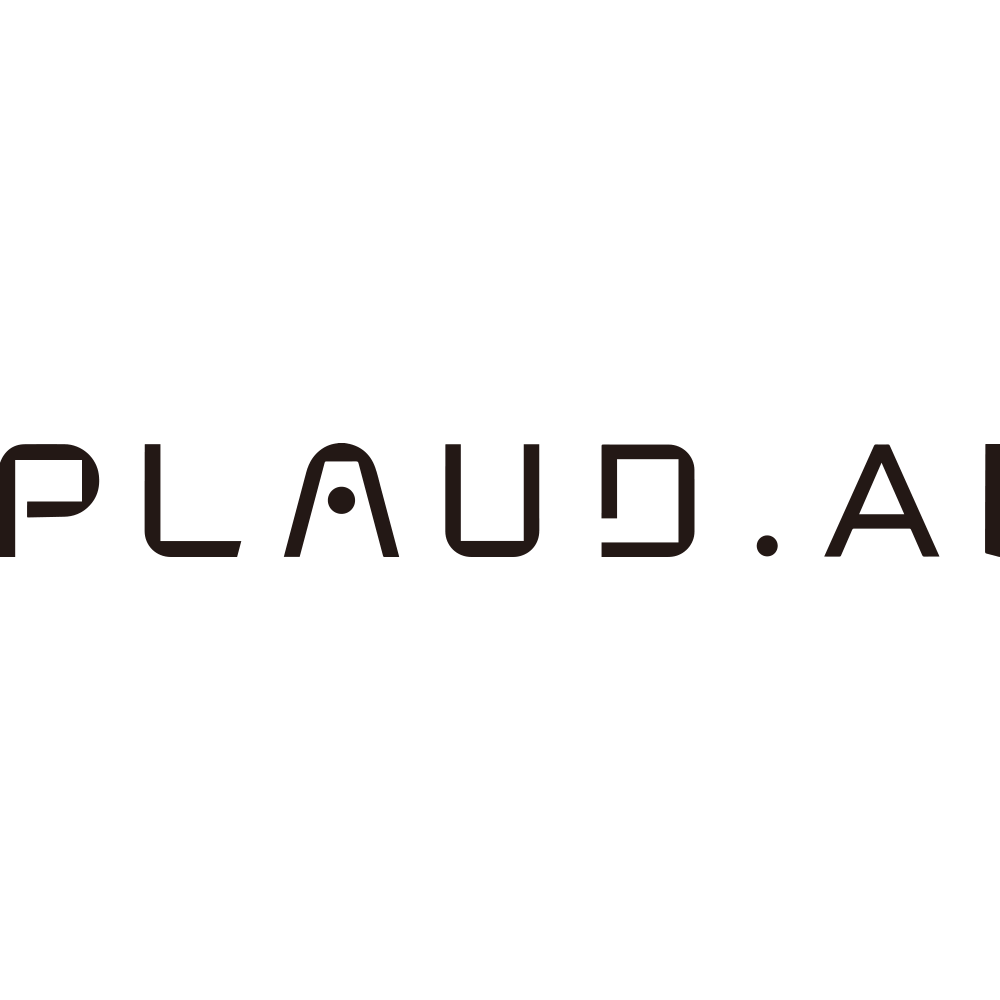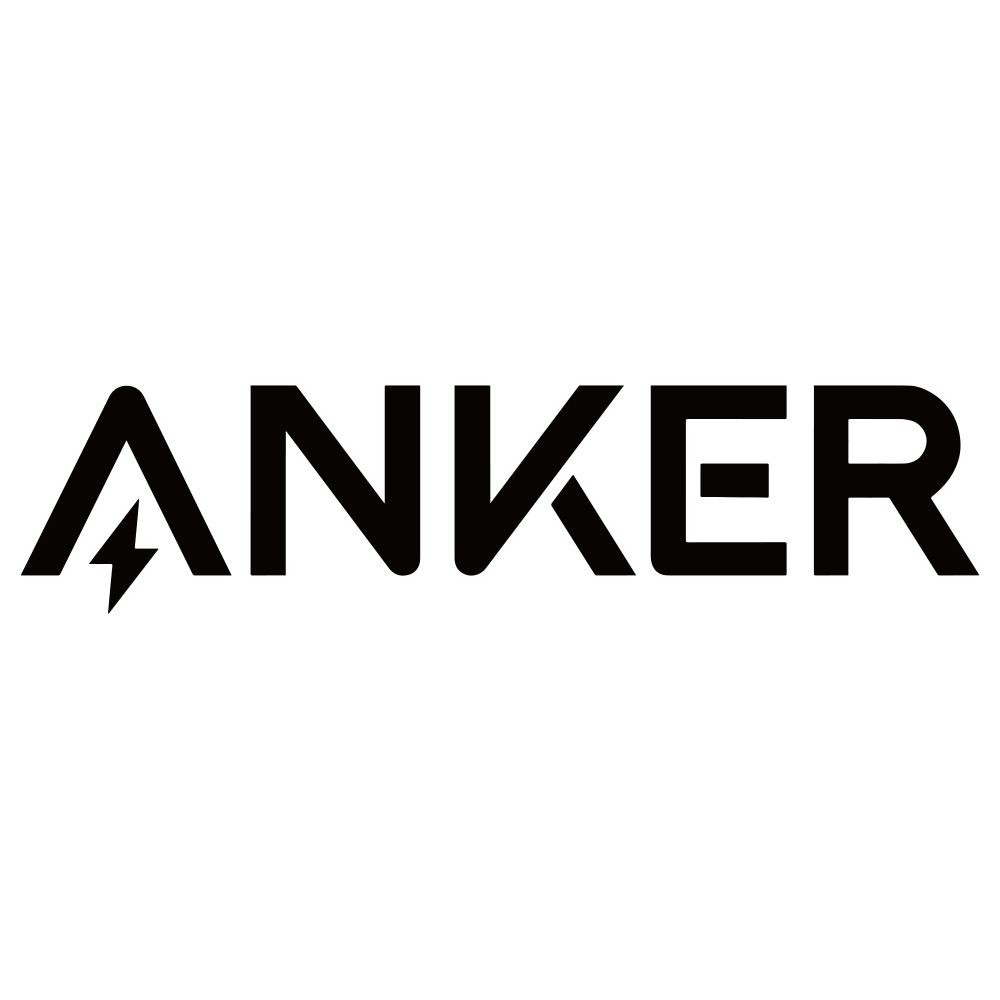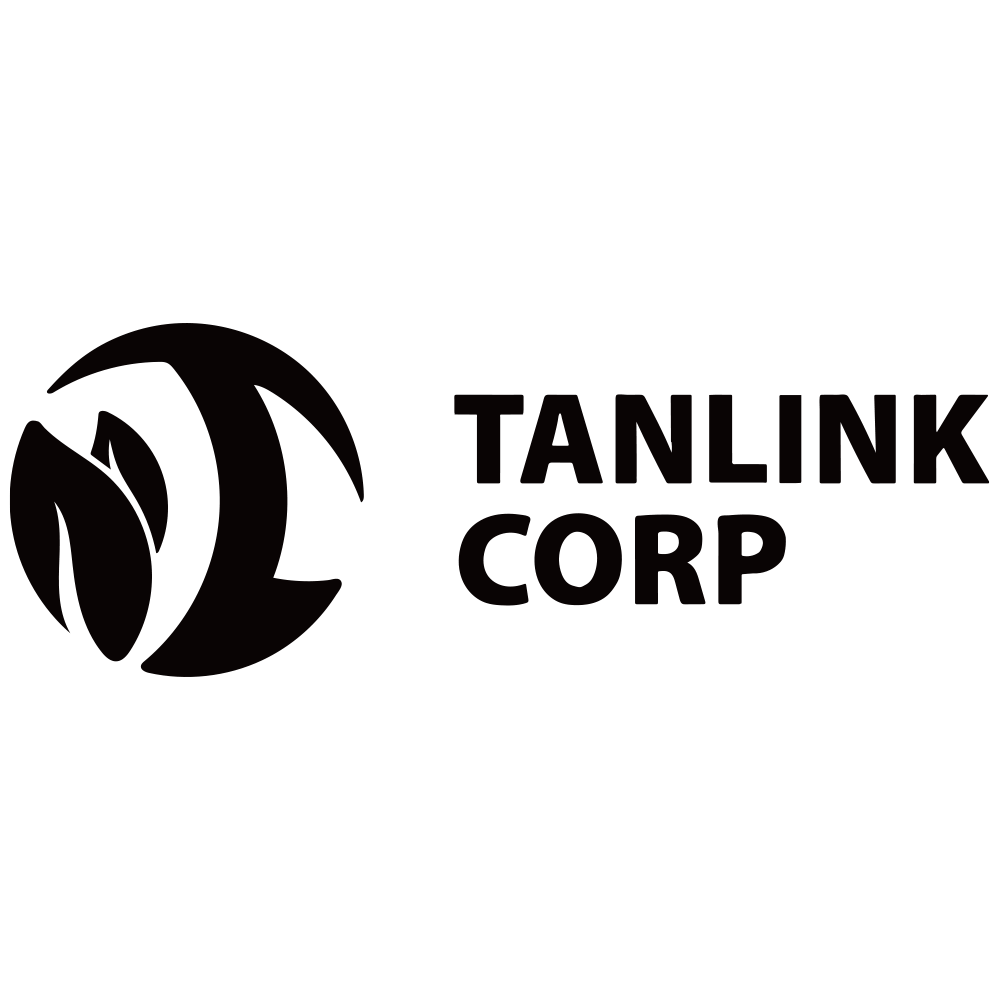In 2025, the demand for AI-powered support platforms is surging, leading businesses to seek alternatives to Intercom that offer better value, specialized features, or enhanced AI capabilities. This guide explores twelve top AI-driven alternatives that deliver exceptional customer support experiences.
Selection methodology and rankings
Our evaluation of Intercom alternatives follows a rigorous methodology identifying platforms with superior AI-driven customer support capabilities, considering factors such as:
- Feature comprehensiveness
- AI functionality depth
- Pricing transparency
- Integration capabilities
- User satisfaction metrics
We emphasize platforms demonstrating measurable improvements in customer service efficiency through features like intelligent routing, automated responses, sentiment analysis, and predictive analytics. Market dominance and innovative capabilities are also crucial, focusing on growth and positive user feedback.
Performance comparisons against Intercom emphasize cost-effectiveness, ease of implementation, and specialized industry solutions. Leading organizations achieve up to 8x ROI from AI customer service, making the right platform selection strategic for enhancing efficiency, reducing costs, and improving customer satisfaction.
#1 Solvea for AI voice and omnichannel automation
Solvea is the premier alternative for businesses seeking sophisticated AI voice capabilities and comprehensive omnichannel support. Its multilingual support breaks down language barriers, delivering a frictionless experience valuable for e-commerce.
Key strengths include:
- AI-driven voice automation for complex interactions
- Omnichannel integration across voice, chat, email, and social media
- Intelligent routing based on customer intent and historical data
- Real-time sentiment analysis to monitor customer tone
Solvea excels in environments where voice communication is central, such as e-commerce and BPO call centers, allowing for rapid responses to order inquiries and sensitive information management.
How it compares to Intercom
Solvea's voice-first approach provides more efficient resolutions for complex issues compared to Intercom’s focus on chat. Solvea’s transparent, usage-based pricing also aligns better with actual needs. Its API-first architecture supports deep integration with e-commerce platforms.
#2 Zendesk for enterprise ticketing and AI
Zendesk excels in enterprise environments with robust ticketing systems and comprehensive AI integration. Its advanced workflow management and automation capabilities scale with enterprise demands.
Key strengths include:
- Comprehensive ticketing system with custom configurations
- AI-powered workflow automation for ticket routing and priority assignment
- Extensive reporting and analytics for performance insights
- Predictive analytics to forecast support volume trends
Zendesk is particularly valuable for large organizations needing visibility and efficiency across diverse support requirements.
How it compares to Intercom
Zendesk focuses on post-sale support and customer retention, contrasting with Intercom's emphasis on marketing. It offers more comprehensive ticketing capabilities and predictable enterprise pricing.
#3 Salesforce Service Cloud for CRM-connected support
Salesforce Service Cloud integrates customer support with CRM functionality, enhancing service delivery through comprehensive customer context.
Key strengths include:
- Advanced case management with workflow automation
- Seamless integration with existing Salesforce systems
- Predictive analytics for customer churn risk identification
- Natural language processing for knowledge base search
Salesforce excels in organizations where support is closely tied to sales and marketing, particularly in regulated industries.
How it compares to Intercom
Salesforce's deep CRM integration surpasses Intercom’s offerings, focusing on customer lifecycle management rather than simple support interactions.
#4 Freshdesk for ease of use and AI bots
Freshdesk emphasizes user-friendliness and straightforward implementation while delivering powerful AI-enhanced support capabilities.
Key strengths include:
- Intuitive interface for quick team adoption
- AI chatbots for automated responses to common inquiries
- AI-driven analytics for performance insights
- Sentiment analysis to monitor customer satisfaction
Freshdesk is perfect for small to medium-sized businesses seeking professional support tools without extensive technical expertise.
How it compares to Intercom
Freshdesk's simplicity and transparent pricing model make it more budget-friendly compared to Intercom’s complex features and pricing structure.
#5 Kustomer for AI-first omnichannel CRM
Kustomer offers an AI-first omnichannel CRM, unifying customer interactions into a single conversation timeline.
Key strengths include:
- Intelligent automation for routine inquiries
- Predictive analytics for forecasting customer behavior
- Real-time sentiment analysis for proactive intervention
- Customizable communication based on customer preferences
Kustomer is ideal for businesses needing comprehensive omnichannel experiences, especially in e-commerce.
How it compares to Intercom
Kustomer’s unified approach surpasses Intercom's channel management, focusing on customer relationship management.
#6 Gorgias for e-commerce automation
Gorgias specializes in e-commerce customer support automation, streamlining operations for online retailers.
Key strengths include:
- Automated responses for common e-commerce inquiries
- Integration with e-commerce platforms for real-time order information
- Real-time inventory updates to enhance customer experience
- Analytics for e-commerce trends to inform support strategies
Gorgias is particularly valuable for businesses handling high volumes of routine inquiries.
How it compares to Intercom
Gorgias’s e-commerce focus and integration depth provide significant advantages over Intercom’s generalized approach.
#7 Genesys Cloud CX for contact center and voice AI
Genesys Cloud CX delivers sophisticated contact center capabilities with advanced voice AI technologies.
Key strengths include:
- Intelligent call routing for optimal customer-agent matching
- Real-time conversation analysis for immediate feedback
- Predictive analytics for staffing optimization
- Comprehensive self-service capabilities for customer engagement
Genesys is tailored for large enterprises needing robust contact center functionalities.
How it compares to Intercom
Genesys focuses on voice interactions, while Intercom emphasizes digital engagement, making them suitable for different operational needs.
#8 Talkdesk for AI-powered contact centers
Talkdesk combines AI capabilities with user-friendly interfaces for efficient contact center operations.
Key strengths include:
- Intelligent call routing for improved customer experience
- Automated quality monitoring and real-time analytics
- Integration with CRM and BI tools for comprehensive data management
- Cloud-native architecture for flexibility and scalability
Talkdesk is ideal for medium to large enterprises modernizing contact center operations.
How it compares to Intercom
Talkdesk’s depth in contact center functionality makes it preferable for organizations with traditional service operations compared to Intercom’s customer engagement focus.
#9 Gladly for channel-less service and AI
Gladly adopts a channel-less approach to customer service, treating interactions as continuous relationships.
Key strengths include:
- Cross-channel communication for seamless customer experiences
- Intelligent conversation routing to enhance service quality
- AI-driven insights for proactive engagement
- Personalized communication tailored to customer preferences
Gladly is suited for businesses prioritizing relationship quality over transactional efficiency.
How it compares to Intercom
Gladly’s unified approach contrasts with Intercom’s channel-specific management, focusing on continuous customer experience.
#10 Help Scout for customer-centric support and AI
Help Scout prioritizes customer relationships through intelligent automation and personalized service.
Key strengths include:
- Intelligent conversation analysis for service improvement
- Automated routine tasks to enhance agent focus on relationships
- Knowledge base AI for quick information access
- Customer interaction analysis for continuous optimization
Help Scout is valuable for businesses focused on building lasting customer connections.
How it compares to Intercom
Help Scout’s focus on relationship building contrasts with Intercom’s emphasis on lead generation and marketing automation.
#11 Front for collaborative inbox with AI
Front enhances team communication through its collaborative inbox, enabling seamless teamwork on customer interactions.
Key strengths include:
- Shared visibility for team coordination
- Intelligent message routing to optimize workflows
- Performance analytics for continuous improvement
- Automated task assignment to maintain service quality
Front is ideal for organizations where team collaboration is essential for customer satisfaction.
How it compares to Intercom
Front’s collaborative approach differs from Intercom’s individual agent focus, making it suitable for team-oriented service models.
#12 Zoho Desk for value and workflows
Zoho Desk offers a value-focused alternative with comprehensive customer service capabilities at competitive prices.
Key strengths include:
- Streamlined ticket management for operational efficiency
- Automated workflows for improved service delivery
- AI-driven predictive analytics for better resource planning
- Customizable reporting capabilities for operational insights
Zoho Desk is appealing for cost-conscious businesses seeking professional-grade service tools.
How it compares to Intercom
Zoho Desk’s focus on delivering value and comprehensive functionality contrasts with Intercom’s premium features, making it a viable choice for budget-limited organizations.

